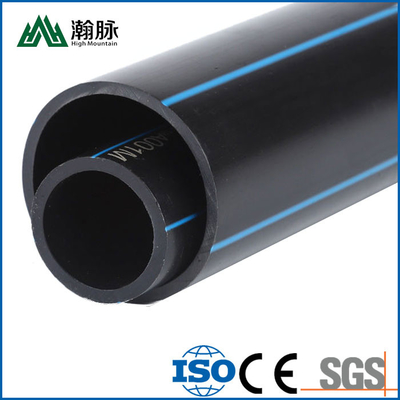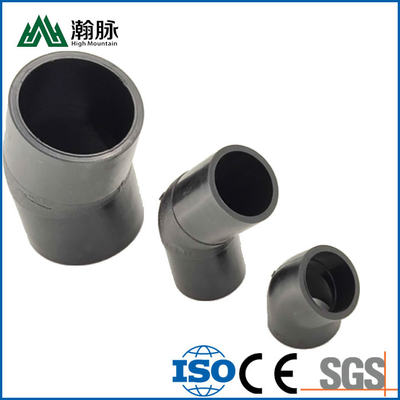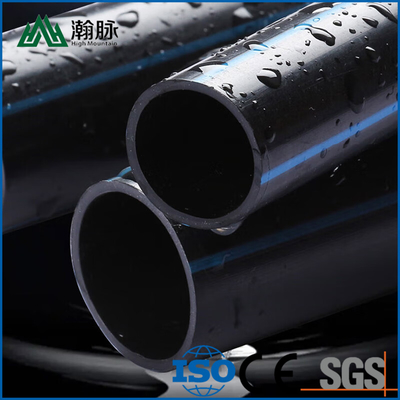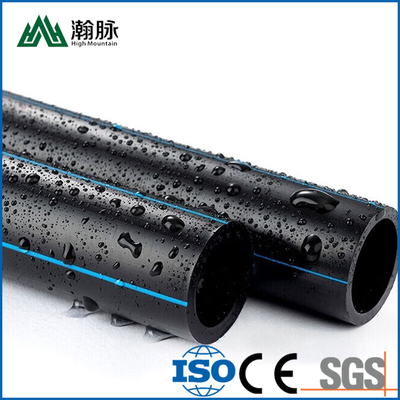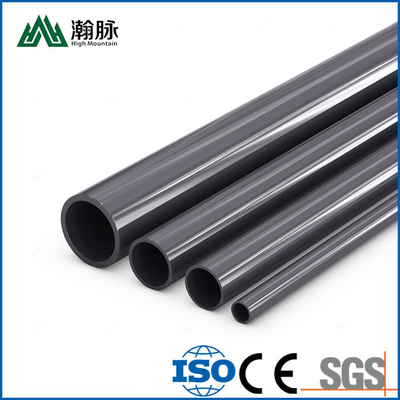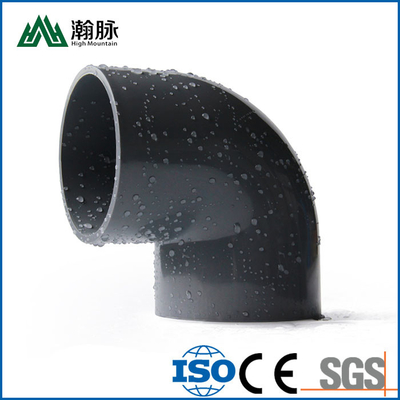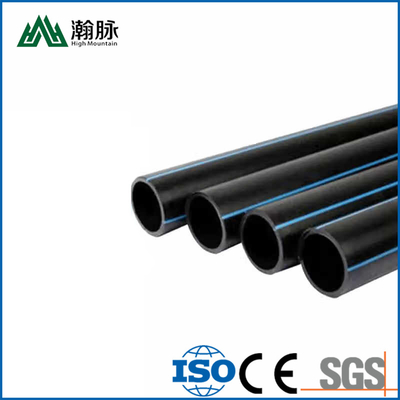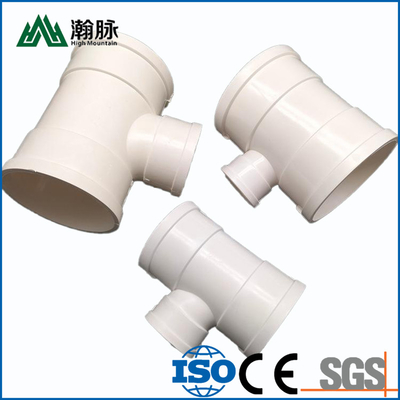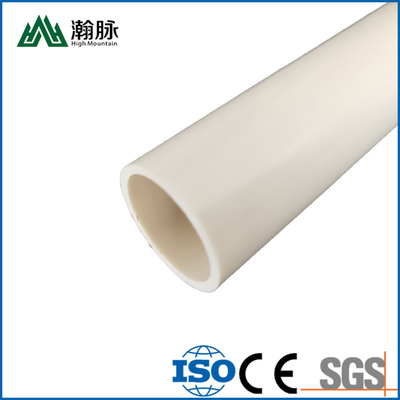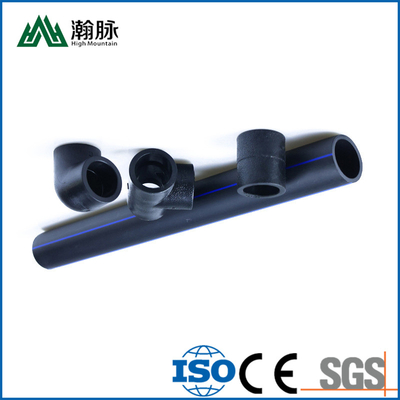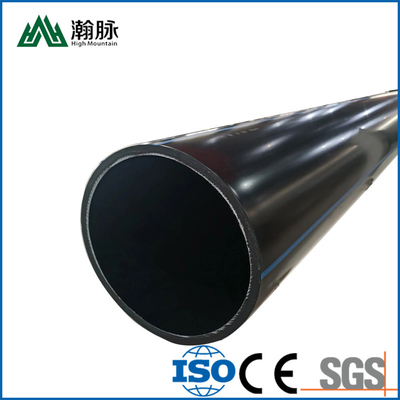
High-density polyethylene (HDPE) pipes are a popular choice for a wide range of applications, from water supply and gas distribution to mining and agriculture. These pipes are known for their durability, flexibility, and resistance to corrosion and chemicals.
What is HDPE Pipe?
HDPE is a type of plastic that is made from petroleum. It is known for its high strength-to-density ratio, which makes it an ideal material for pipes. HDPE pipes are made by extruding the plastic through a die, which creates a seamless tube. The pipes can be manufactured in a range of sizes and lengths to suit different applications.
Benefits of HDPE Pipe
Durability: HDPE pipes are highly durable and can last for up to 100 years. They are resistant to corrosion, chemicals, and abrasion, making them suitable for use in harsh environments.
Lightweight: HDPE pipes are lightweight and easy to handle, which makes them easy to transport and install. This reduces the labor costs associated with installation.
Flexibility: HDPE pipes are highly flexible and can bend without breaking, making them suitable for use in areas with uneven terrain. The flexibility also allows the pipes to expand and contract with temperature changes.
Leak-free: HDPE pipes are joined using heat fusion, which creates a seamless joint that is leak-free. This reduces the risk of water loss and contamination.
Low maintenance: HDPE pipes require little maintenance and do not need to be replaced frequently. This reduces the overall cost of ownership.
Applications of HDPE Pipe
Water supply: HDPE pipes are commonly used for water supply systems, including potable water, irrigation, and wastewater. The pipes are resistant to chemicals and corrosion, making them suitable for use in harsh environments.
Gas distribution: HDPE pipes are also used for gas distribution systems, including natural gas and propane. The pipes are resistant to corrosion and can withstand high pressure and temperature.
Mining: HDPE pipes are used in mining operations for slurry transport, tailings disposal, and water supply. The pipes are resistant to abrasion and chemicals, making them suitable for use in harsh mining environments.
Agriculture: HDPE pipes are used in agriculture for irrigation systems, drainage systems, and manure management. The pipes are flexible and can be easily installed in areas with uneven terrain.
In conclusion, HDPE pipes are a versatile and durable solution for a wide range of applications. The benefits of HDPE pipes include durability, flexibility, leak-free joints, low maintenance, and resistance to corrosion and chemicals. If you are looking for a reliable and cost-effective solution for your piping needs, consider using HDPE pipes.

 Your message must be between 20-3,000 characters!
Your message must be between 20-3,000 characters! Please check your E-mail!
Please check your E-mail!  Your message must be between 20-3,000 characters!
Your message must be between 20-3,000 characters! Please check your E-mail!
Please check your E-mail! 
